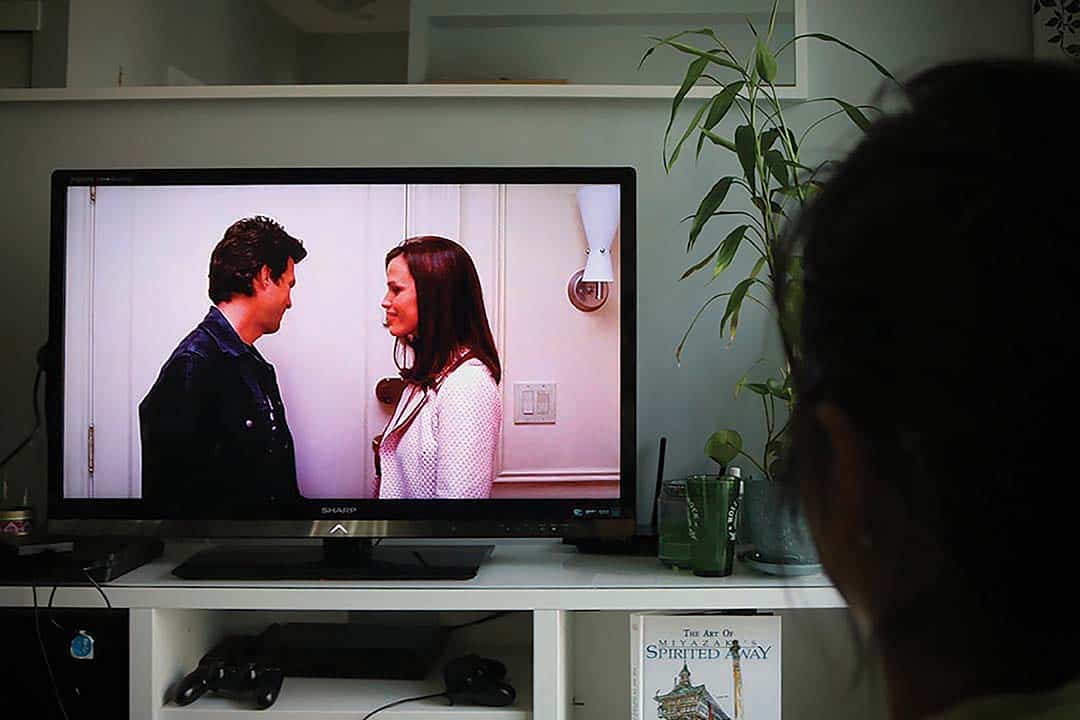Valentine’s Day was not a big deal where I grew up. Nobody celebrated it or cared. It was just one of those things that you saw advertisements for and realized was happening. Everything I know about the holiday comes from a much more global source. The romantic comedy.
While I was young, I was exposed to what seemed like the golden age of romantic comedies, spoiled with choice with classics from the late ’90s and early 2000s, a period of time when some of the best rom coms were made, but the modern rom com follows a tradition that is much older, dating back to at least Shakespeare.
Sure enough, some of my favorite rom coms are modern retellings of literary classics. 10 Things I Hate About You which is a rendition of Shakespeare’s The Taming of the Shrew or Clueless, which is a retelling of Jane Austen’s Emma, or my favorite from the list and in my opinion the most “comedy” out of these movies, She’s the Man, which is a rehashing of Shakespeare’s Twelfth Night.
And yet, in the past 10 years or so fewer rom coms are seen. Or, at least, it seems that fewer have as much of a cultural impact as the movies that I have mentioned. The mid-2010s saw a trend of heightened criticisms of the rom com. A Washington Post piece from 2016 declares the genre dead and reviews the criticisms lauded at it.
These criticisms are, for the most part, very understandable.
Romantic comedies seemed like the only avenue in which female stars could rise for the longest time. Think of Julia Roberts in Pretty Women or Meg Ryan in You’ve Got Mail or even Angelina Jolie in Mr. and Mrs. Smith — it seemed that if you were an actress you had to confine yourself, you were either a ‘serious’ dramatic performer to the likes of Meryl Streep, Viola Davis, and Julianne Moore or you were ‘relegated’ to the rom coms. There was no in between.
At some point, the very premise of the rom com also came under attack; why is it that women were seen as only good enough for romance? Why were they left to be saved and swept away and stripped of agency to find the ever-alluding perfect relationships? Why is it that a lot of these rom coms involved women being proven wrong about relationships or settling down? There is something archaic in believing that women have to eventually conform and find happiness and fulfillment in a romantic relationship.
And speaking of archaicness and conformity, why is everyone white and straight?
All of these criticisms are more than warranted. But something in me still rises to defend the rom com. My experience has been that female roles have been limited in every genre — what that limitation means of course differs. Whether it’s being fridged in superhero movies or brutalized in fantasy to get “stronger,” the norms imposed on women in the media have not changed. A part of me can not help but question why it is that the one genre that is overwhelmingly low stakes and often absent from explicit violence directed against women is the one being most attacked for misogynistic views.
Recent years have also seen an increase in diversity in rom coms. This increase was heralded by the movie Crazy Rich Asians, but while that film is backed by the most marketing compared to other rom coms with similar diversity, one can also find rom coms like The Love Birds, Always Be My Maybe, and Someone Great, which all feature non white leads, or Fire Island, a retelling of Pride and Prejudice featuring an Asian gay friend group. But I would even go further and state that diversity has always been present in the rom com.
Even in the heyday of the rom com, there were multiple featuring diverse casts. Think of Deliver Us from Eva, another Taming of the Shrew retelling starring Gabrielle Union and LL Cool J, or Our Family Wedding, which chronicles the struggles of a Mexican and African-American family to get along when their kids decide to get married, and stars America Ferrera and Lance Gross. Or Imagine Me & You, a queer rom com about a florist falling in love with the bride at the wedding she is working at. The issue, to me at least, has been less about the diversity available, and more about the systemic backing that these movies lack in comparison to their white, straight counterparts. Not to mention that there is a wealth of rom coms from other regions, such as from the Bollywood or Japanese and Korean film industries.
If you have sworn off the rom com, I hope you might give it another chance, especially one featuring people who are different from you. Because after all, isn’t that what the rom com is all about? The idea that love is universal.


